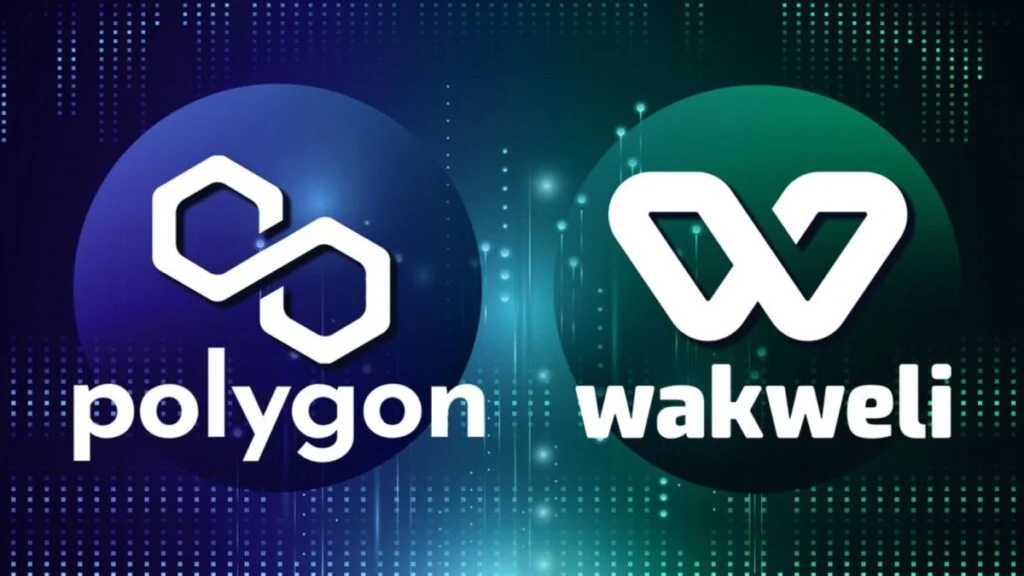Web3 protocol Wakweli has partnered with layer-2 scaling platform Polygon to offer certification of authenticity for NFTs.

All digital assets on Polygon will be compatible with Wakweli’s certification system thanks to the agreement between Polygon and Wakweli. Every NFT project holder on the Polygon chain can ask for authenticity certificates for each asset, according to the release.
The collaboration’s overarching goal is to increase the digital ecosystem’s security. Antoine Sarraute, co-founder of Wakweli, responded to the cost of certificate authentication for users by stating that staking WAKU, Wakweli’s utility token, is required to generate a certificate request.
The amount to stake in a request depends on and is correlated with the degree of trust required in each situation. The final elements of the collaboration agreement were worked out this March after conversations between the two businesses started in August 2022.
In April, Wakweli’s testnet will be accessible and usable with Polygon’s Mumbai testnet. Beginning in Q2 2023, alpha testing with Polygon’s mainnet is planned, with general mainnet compatibility being completed by Q3 2023.
The relationship between the two businesses has opened a decisive strategy to combat these fraud attempts by offering a means for detecting fake NFTs, increasing trust in the burgeoning ecosystem, according to Sarraute.
Developers will have access to sophisticated use case scenarios, such as automatically producing certification requests when minting or gaining access to more comprehensive certification information, through the Wakweli platform and application programming interface.
The Polygon Foundation and the Lotte Group, a South Korean multinational business, have also worked together over the past month to highlight the NFT projects of the latter.
With agreements with well-known companies like Starbucks and Adidas, Polygon has achieved a lot of traction, which has enhanced the network’s popularity among cryptocurrency users.
